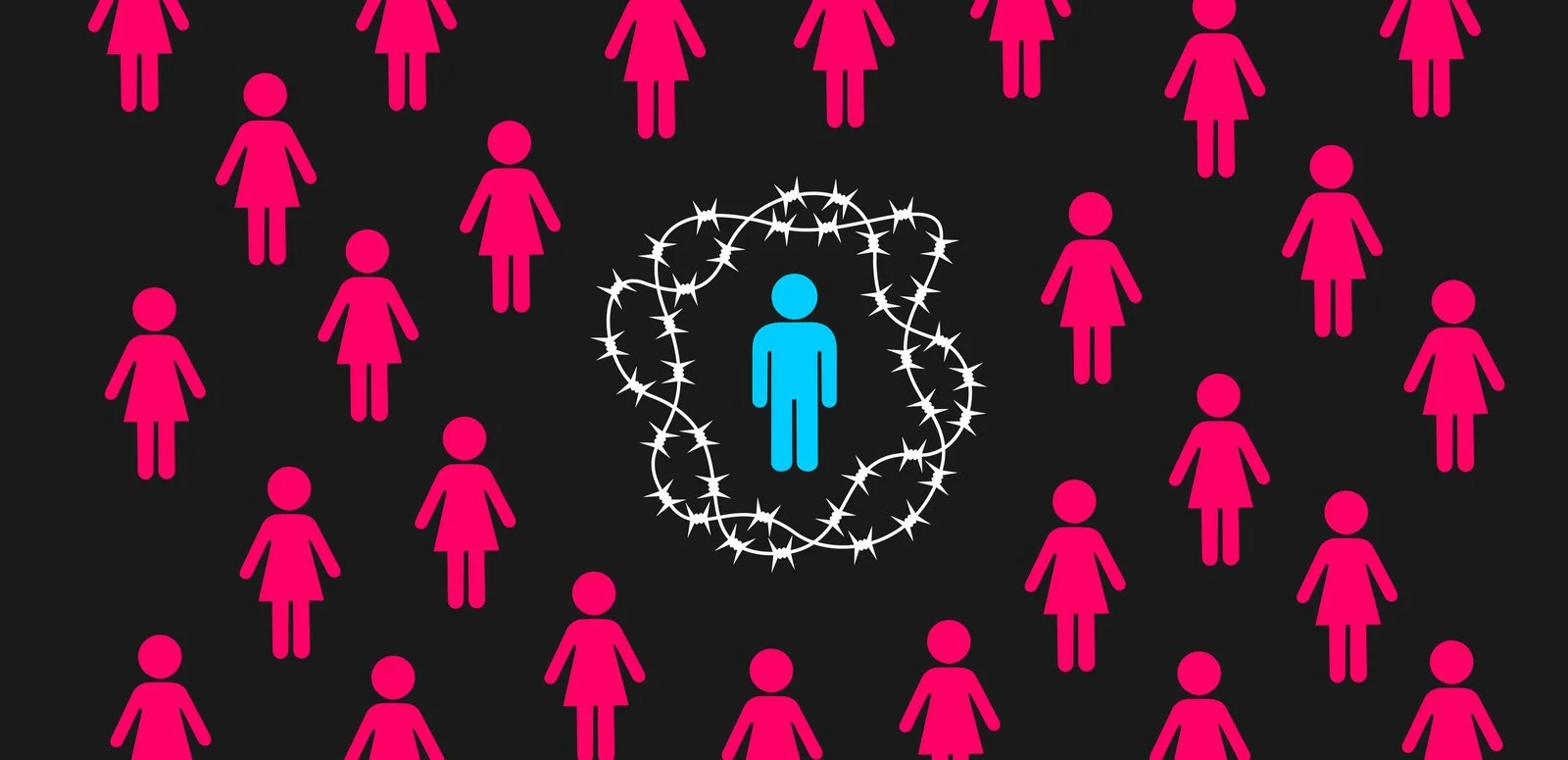Background Information
We use research-backed methods to design memes aimed at preventing incel radicalisation and extremism.
Scroll ↓
The involuntary celibate (“incel”) movement has come to the forefront of public discourse in recent years due to its indication of a new sort of sexist ideology against women, forming the basis for a number of terror attacks (Hoffman et al., 2020). Incels form an often right-wing extremist internet movement that embraces extreme sexism, motivated by the perceived threat of women intertwined with a lack of sexual success (Chang, 2020).
The topic of incels has garnered more attention in the UK since the Plymouth attack in August 2021, the largest mass shooting in the UK in more than a decade (Spring, 2021). The gunman was later found to have been active on incel forums (Quinn, 2022). Since the attack, web traffic to the three largest incel websites from the UK increased by more than fivefold (Ball, 2022). While no exact numbers of UK incels exist, the data suggest that this topic needs to be looked at more carefully.
While other countries like the USA or Canada consider the incel movement a terrorist movement (Bell, 2020; Kersley, 2021), authorities in the UK are hesitant to treat incels as a terror threat (Kersley, 2021). At the same time, the authorities tasked with investigating and preventing potential incel crimes are not only hesitant to recognise misogyny - a key part of incel ideology - as central to radicalisation (Kersley, 2021) but have also been accused of having a misogyny problem themselves (Dodd, 2022).
Due to that misogyny problem, as well as the fact that it is extremely difficult to deradicalise incels (Kersley, 2021), it is vital to prevent incel radicalisation in the first place, before it begins.
In the current project, we aimed to 1) uncover the primary psychological processes that underpin incel beliefs, and 2) use internet memes to reduce endorsement of these psychological processes in order to eventually reduce susceptibility to incel radicalisation. We also developed an online social media presence alongside this research which will be used in the future to raise awareness and promote the findings from our research to be used for insights in educational contexts.
In two studies, one cross-sectional (Pilot Study 1) and one experimental (Pilot Study 2), we found consistent evidence that certain incel beliefs can be partially explained by conspiratorial suspicions about feminism, perceived realistic threat (i.e., to one’s material and physical wellbeing) from women, competitive victimhood, and low self-esteem. In Pilot Study 2, we developed three separate memes aiming to apply light ridicule to these psychological processes in the context of incel beliefs. While we observed null effects with regards to our intended intervention effects of the memes, we did find that people who rated the memes as funnier were less likely to hold conspiracy suspicions about feminism. This suggests that, as we initially thought, humour may be an important component to harness when using memes as interventions to protect against incel radicalisation.

